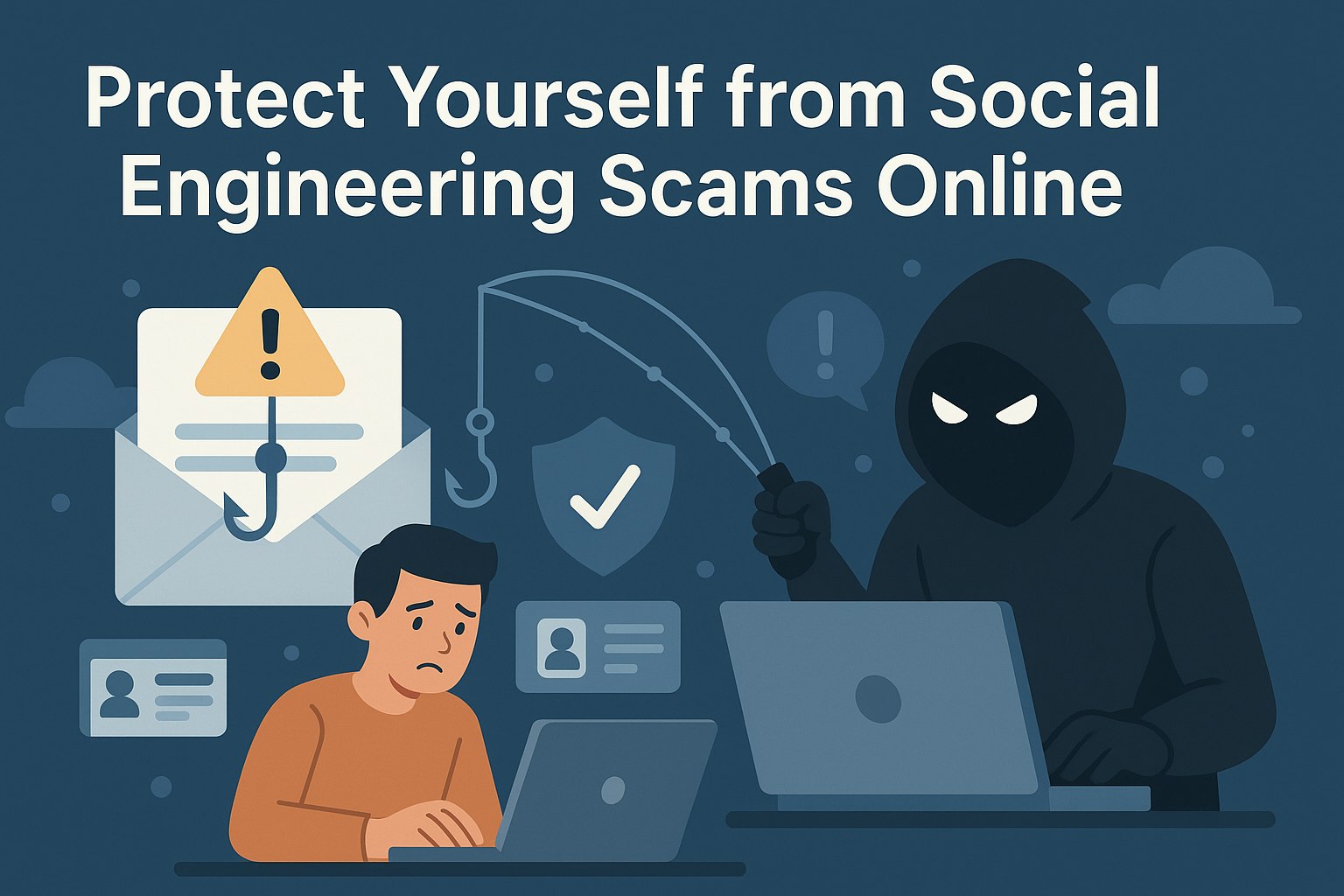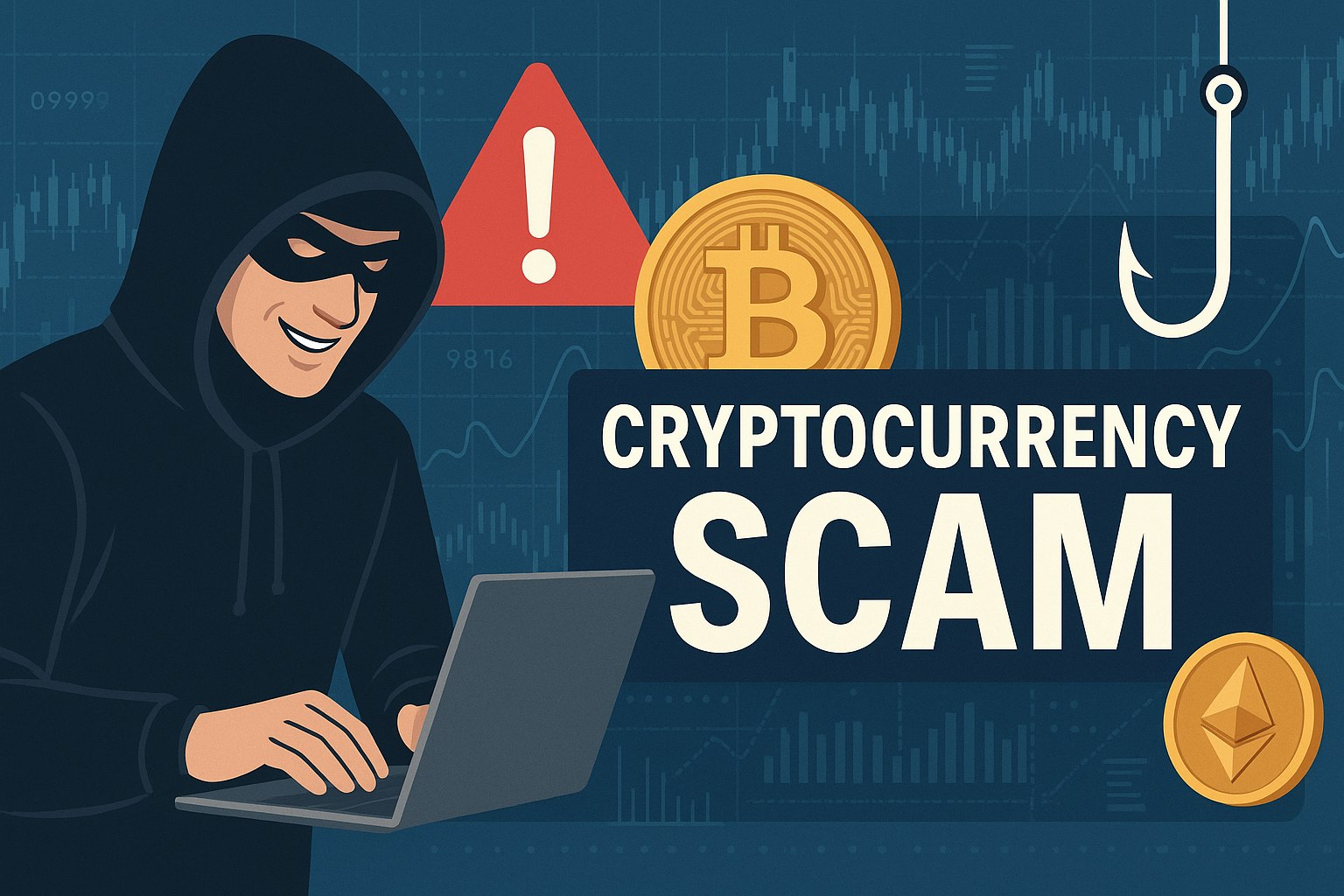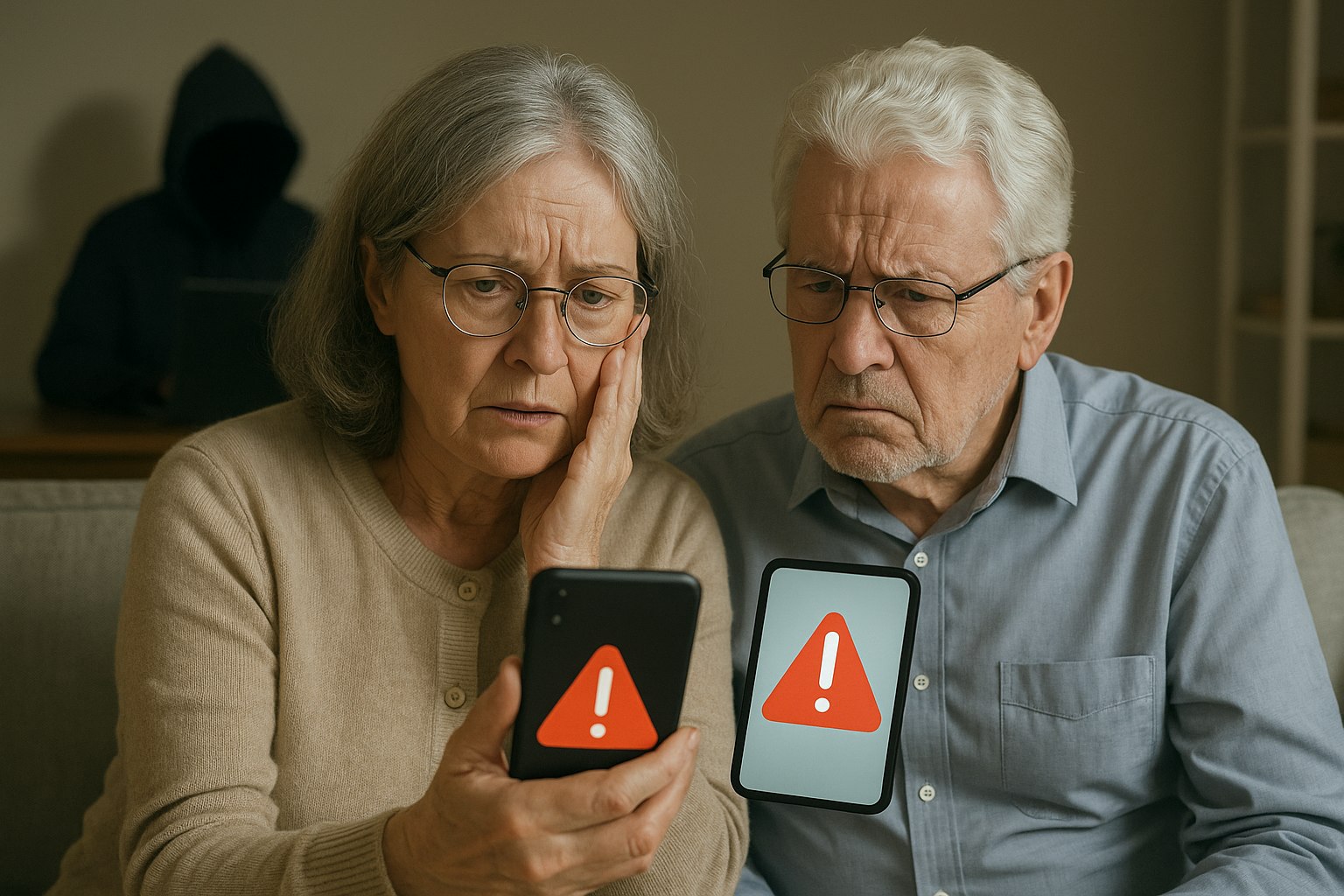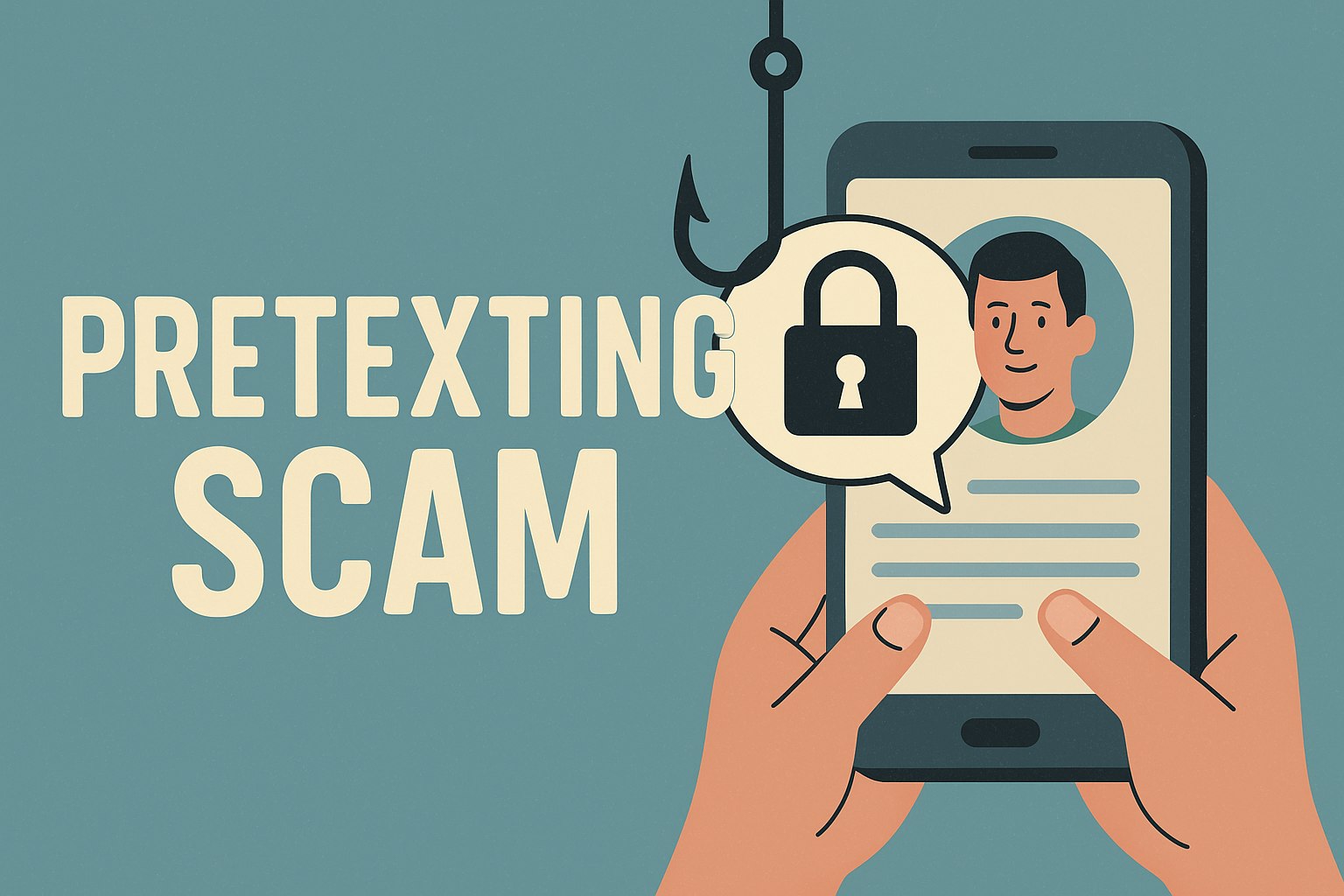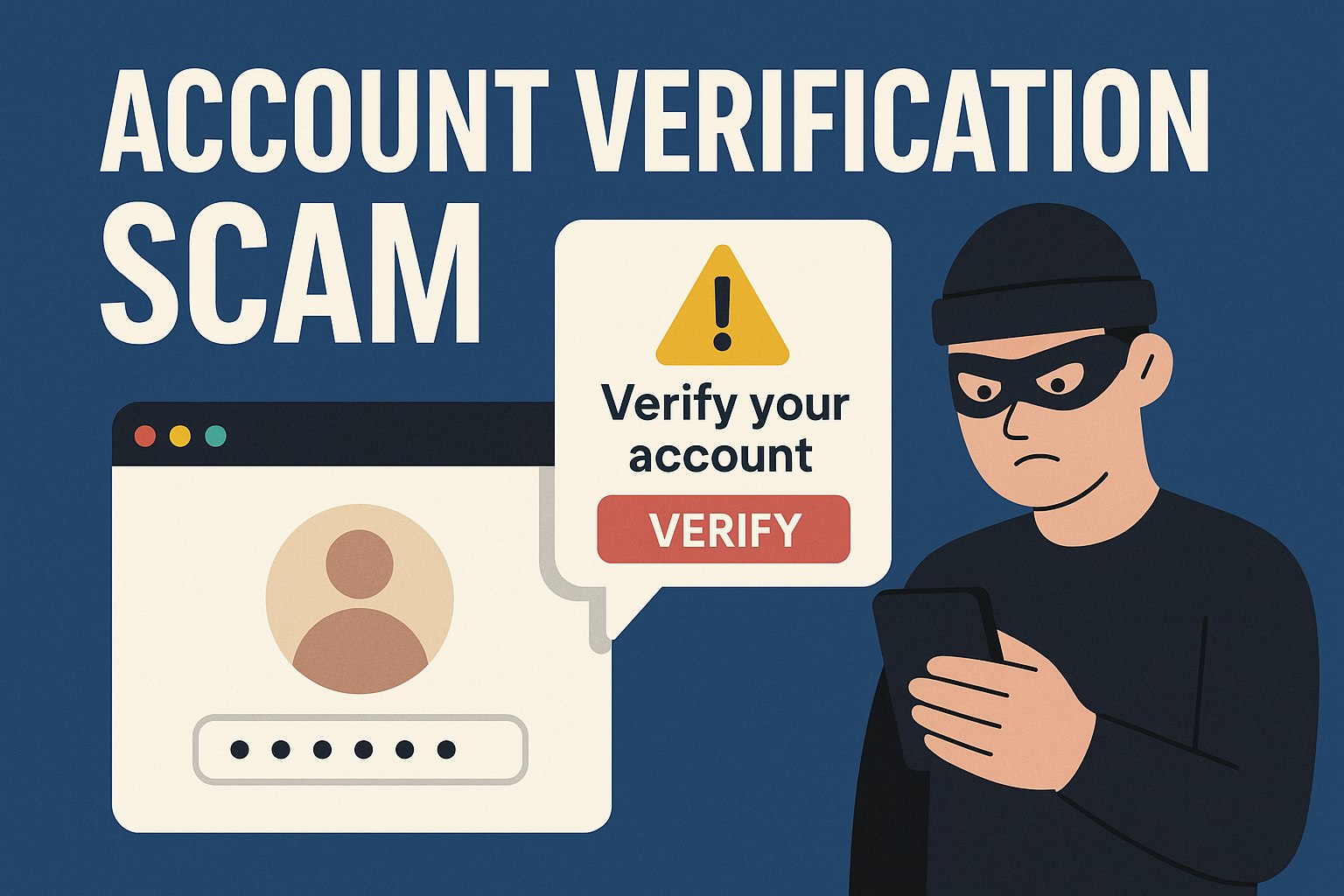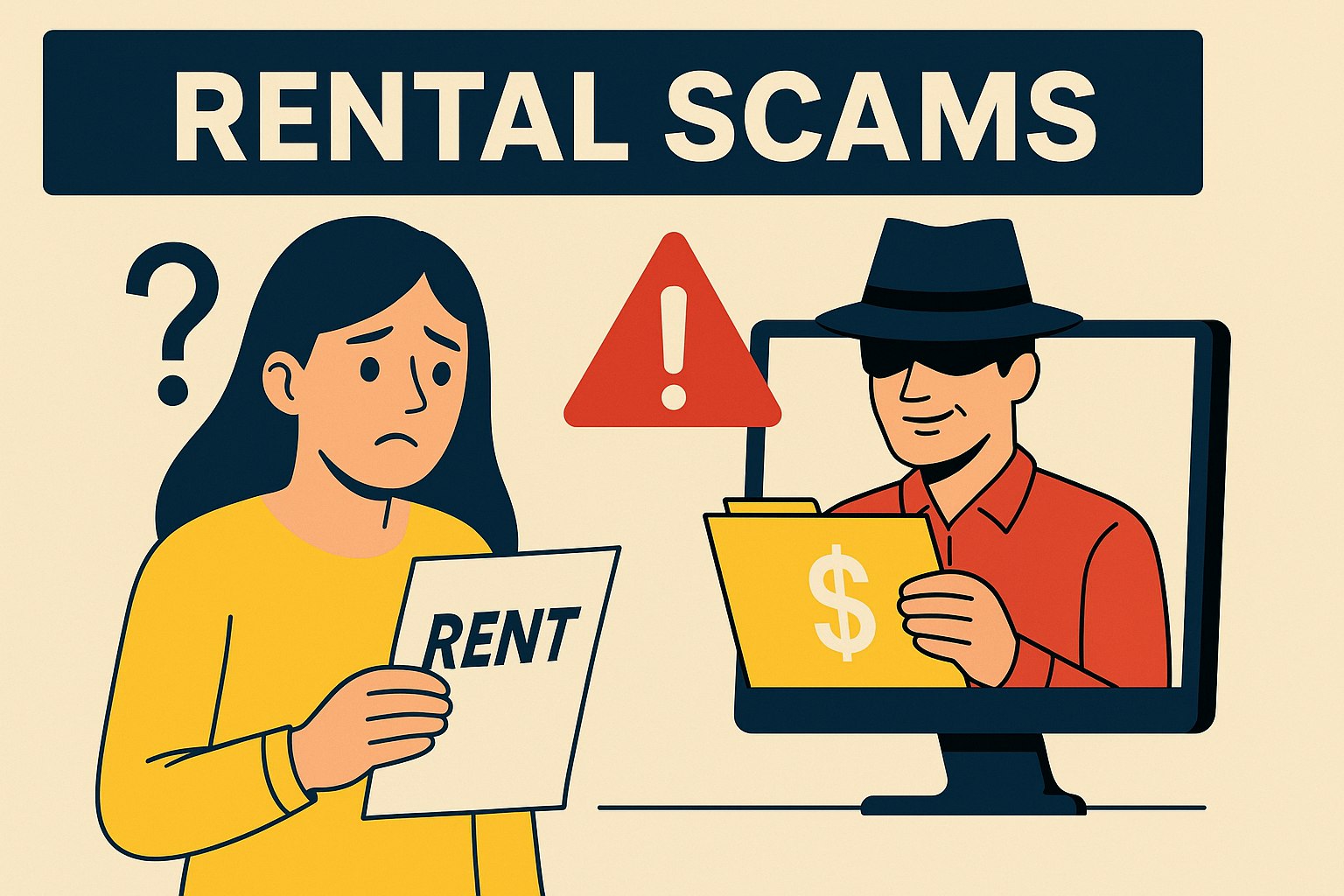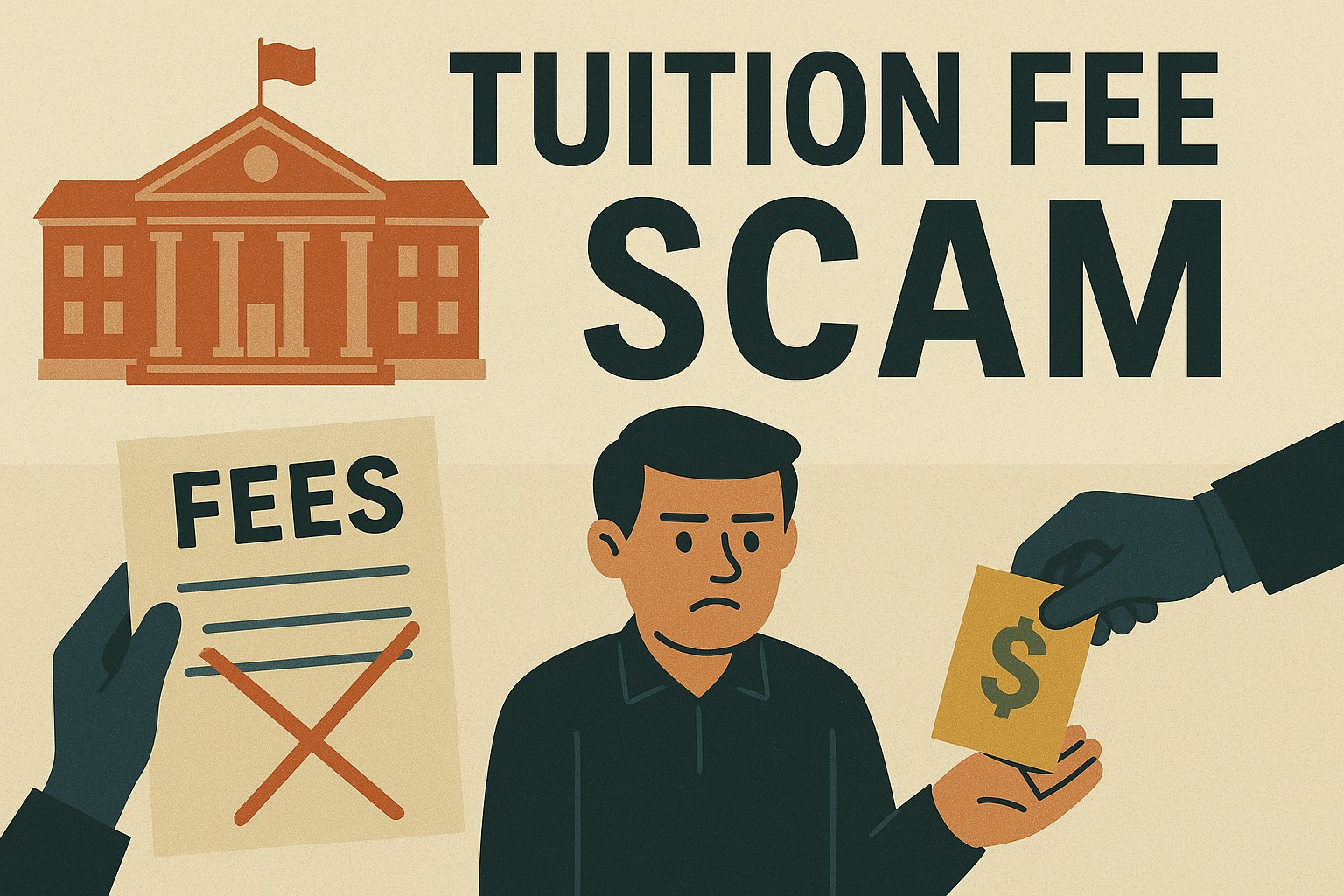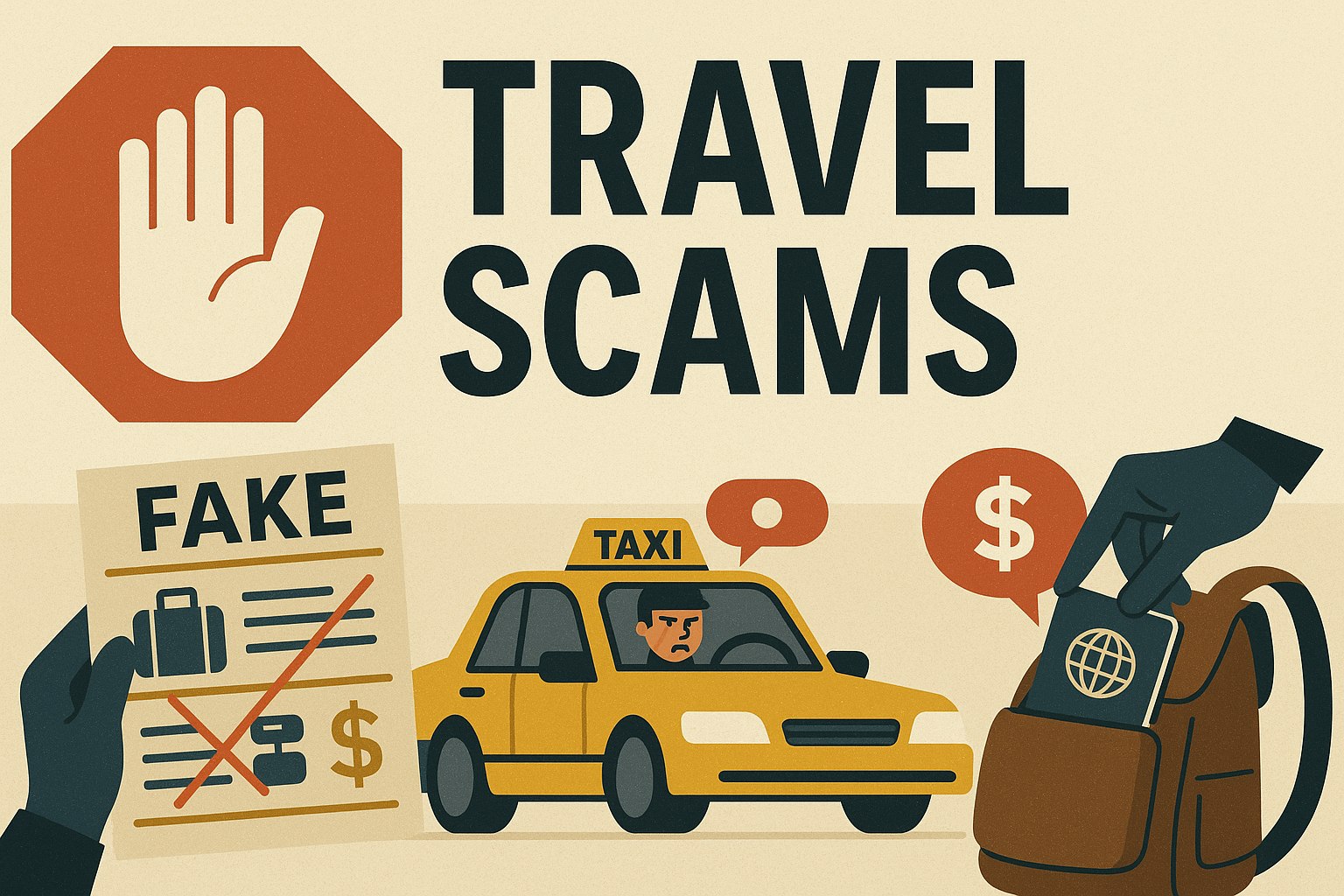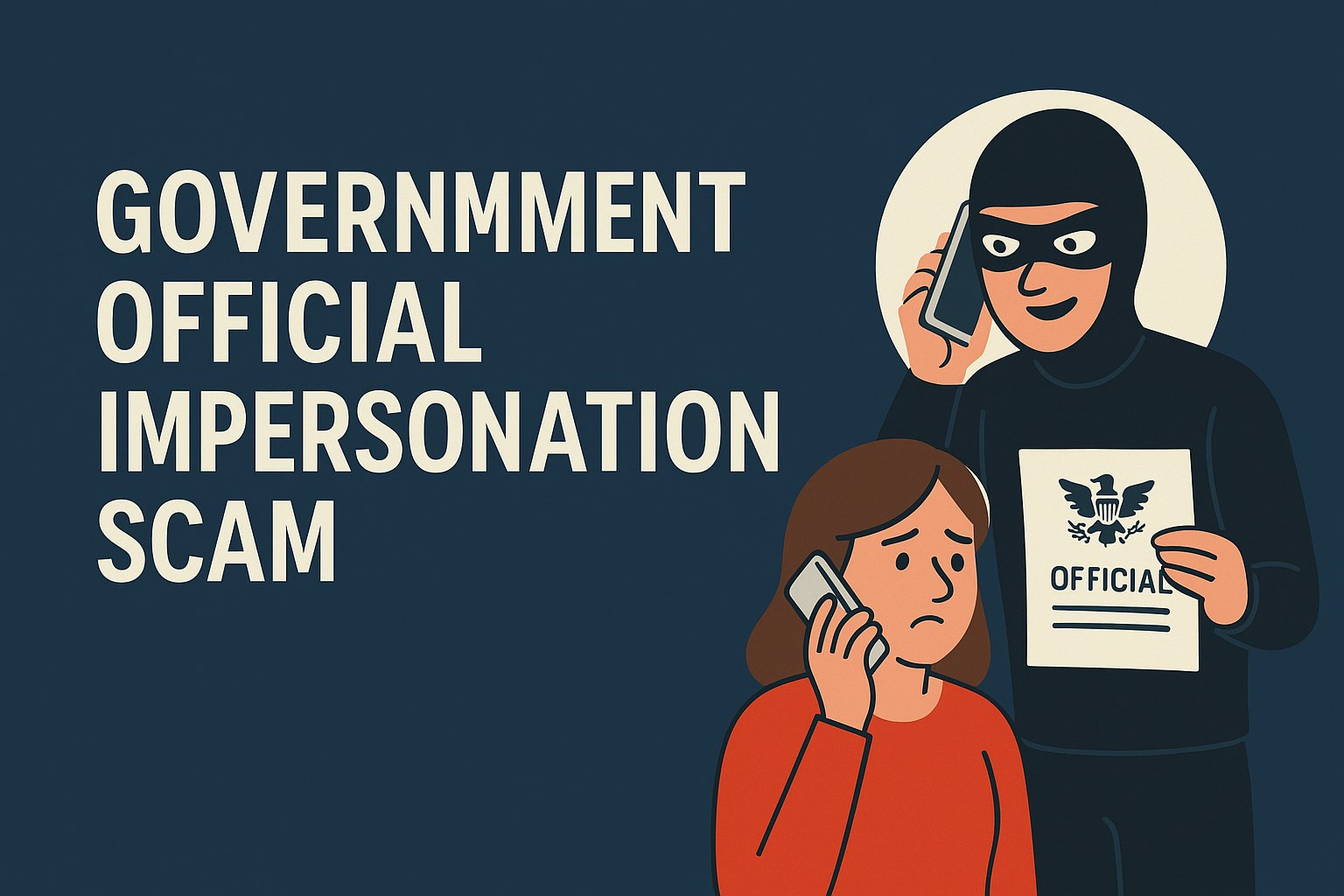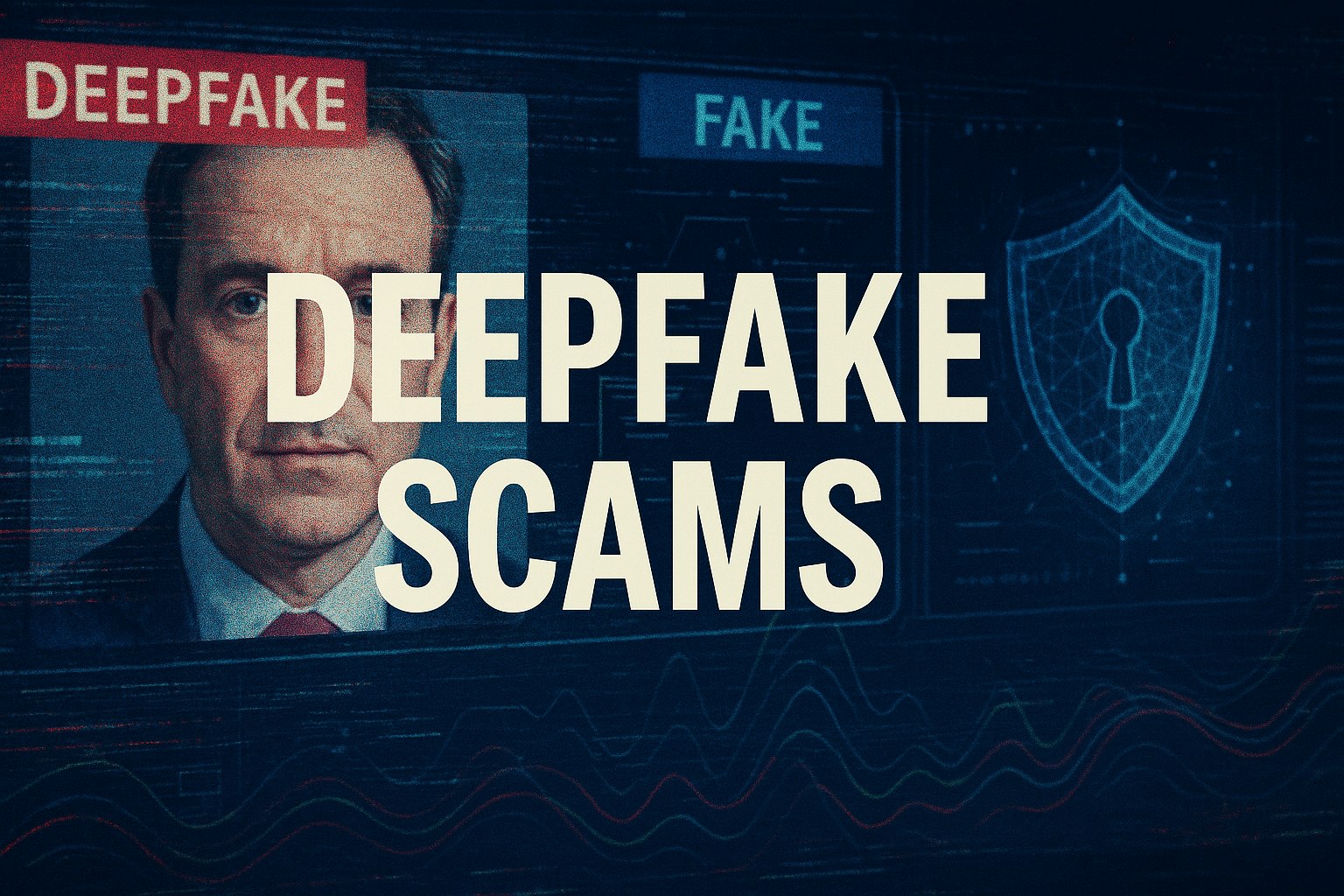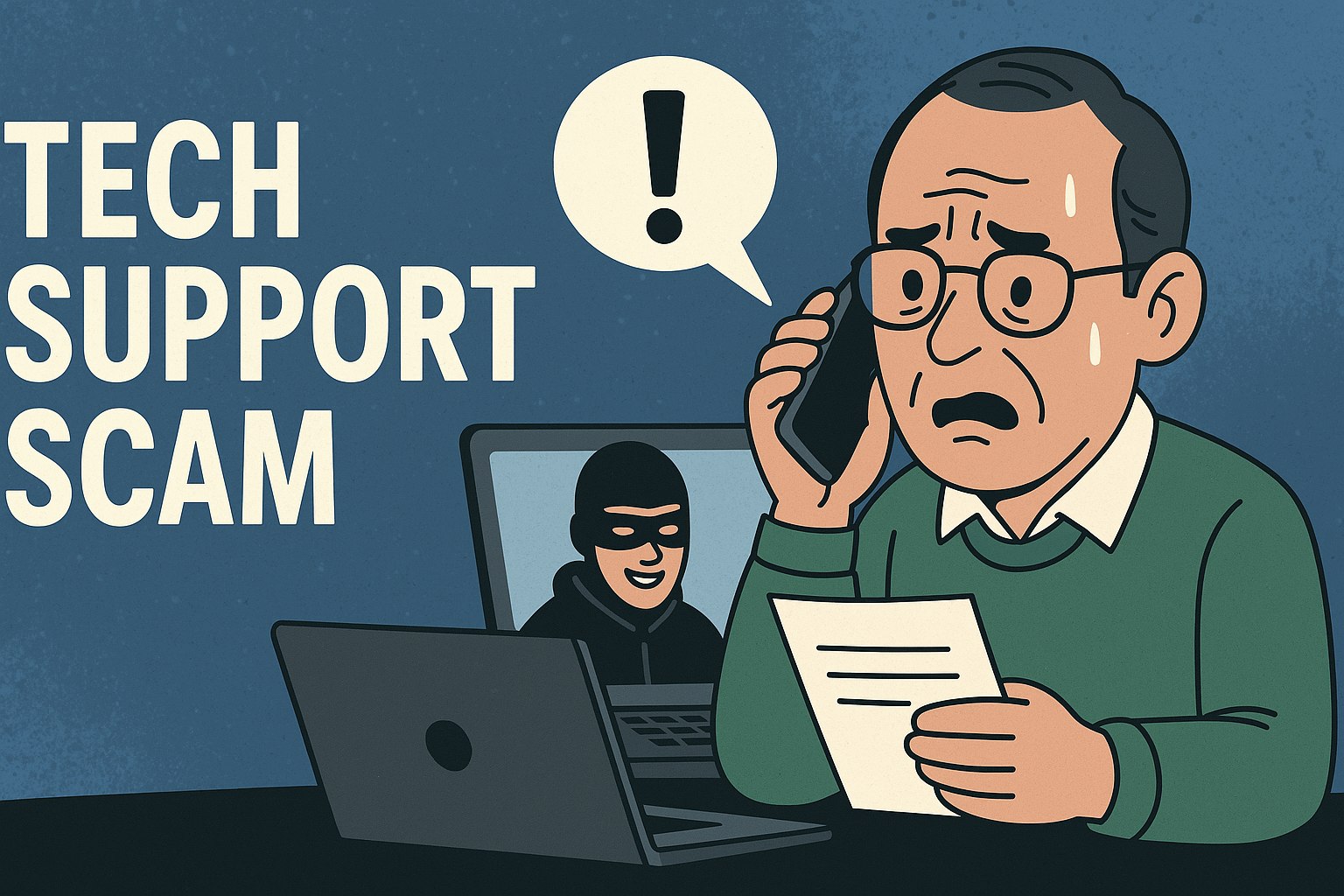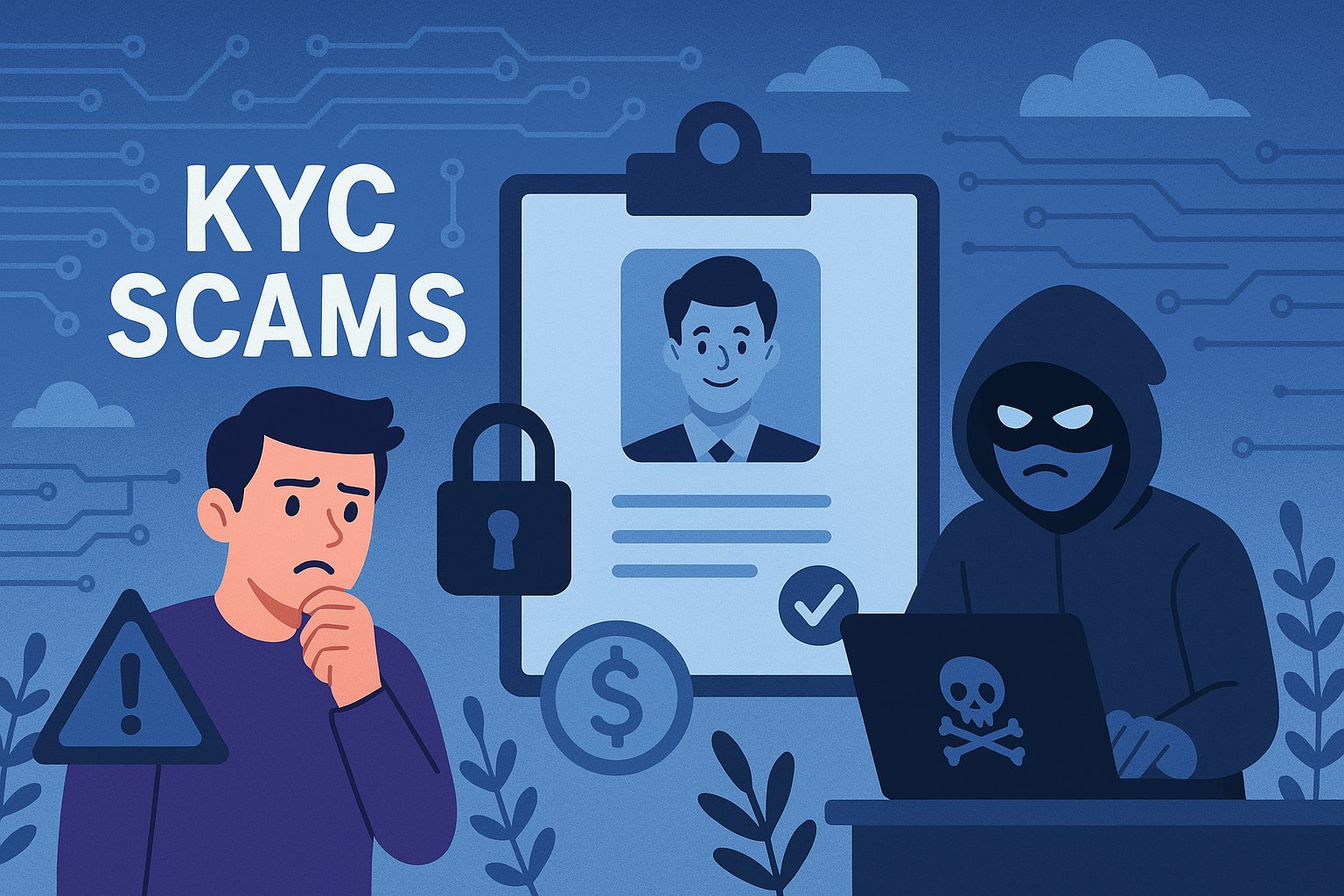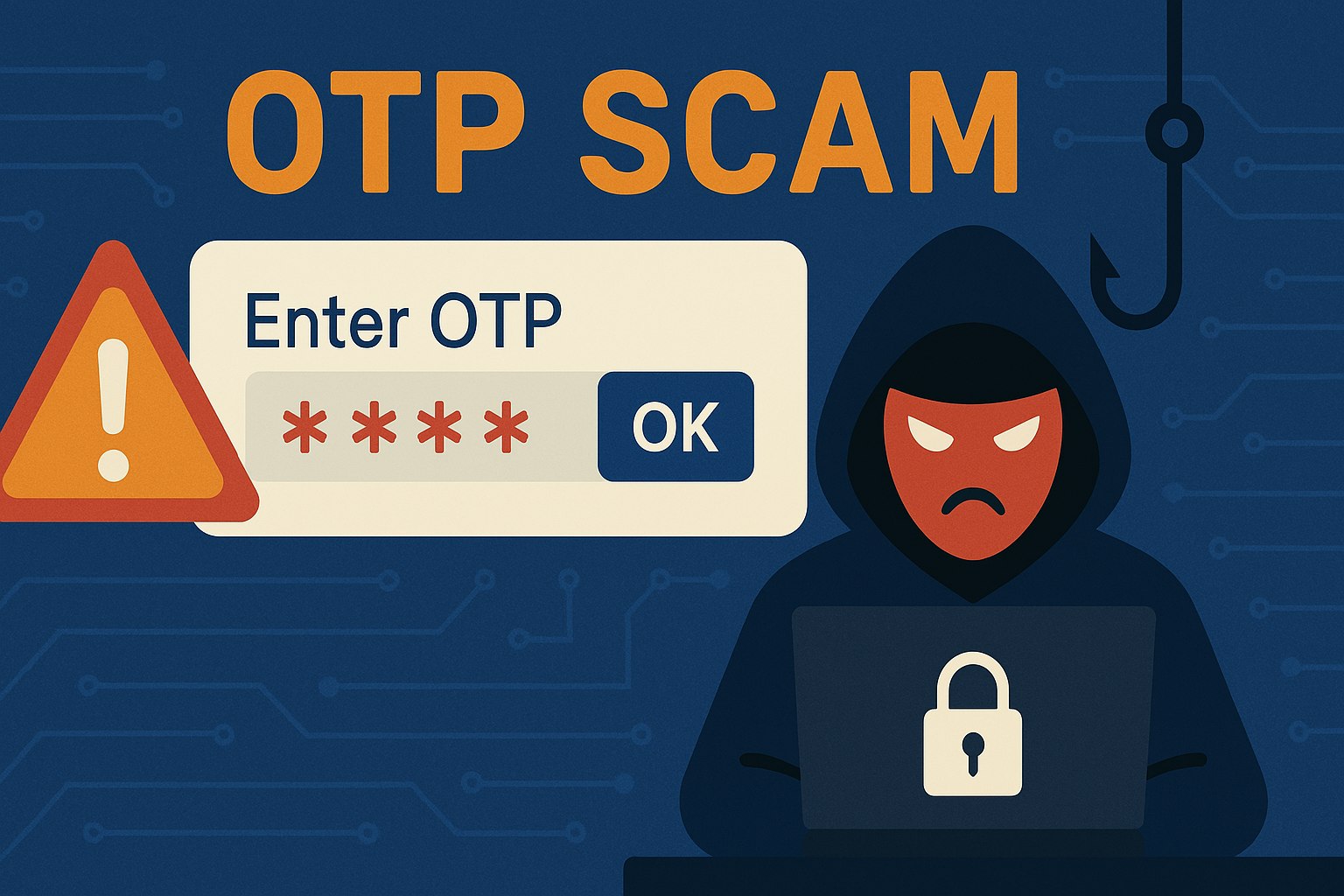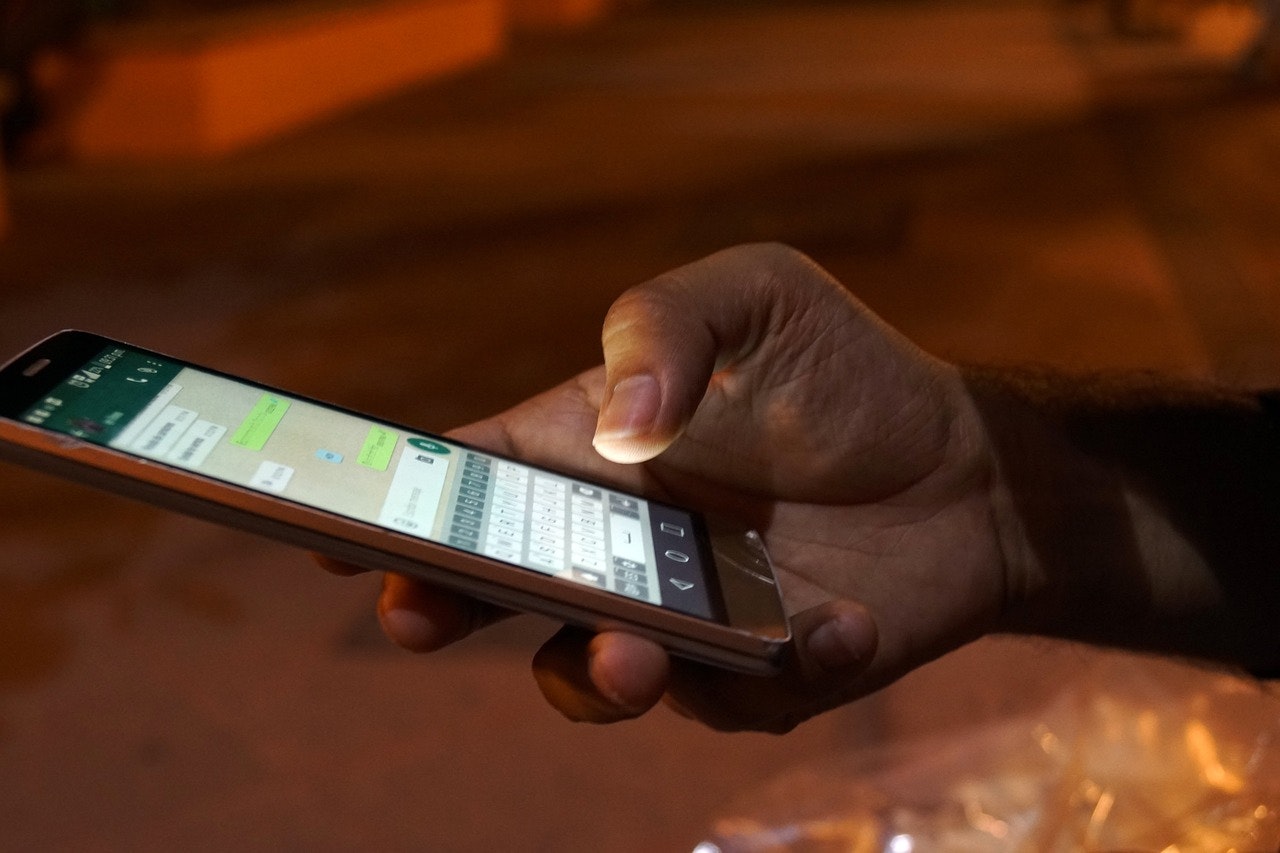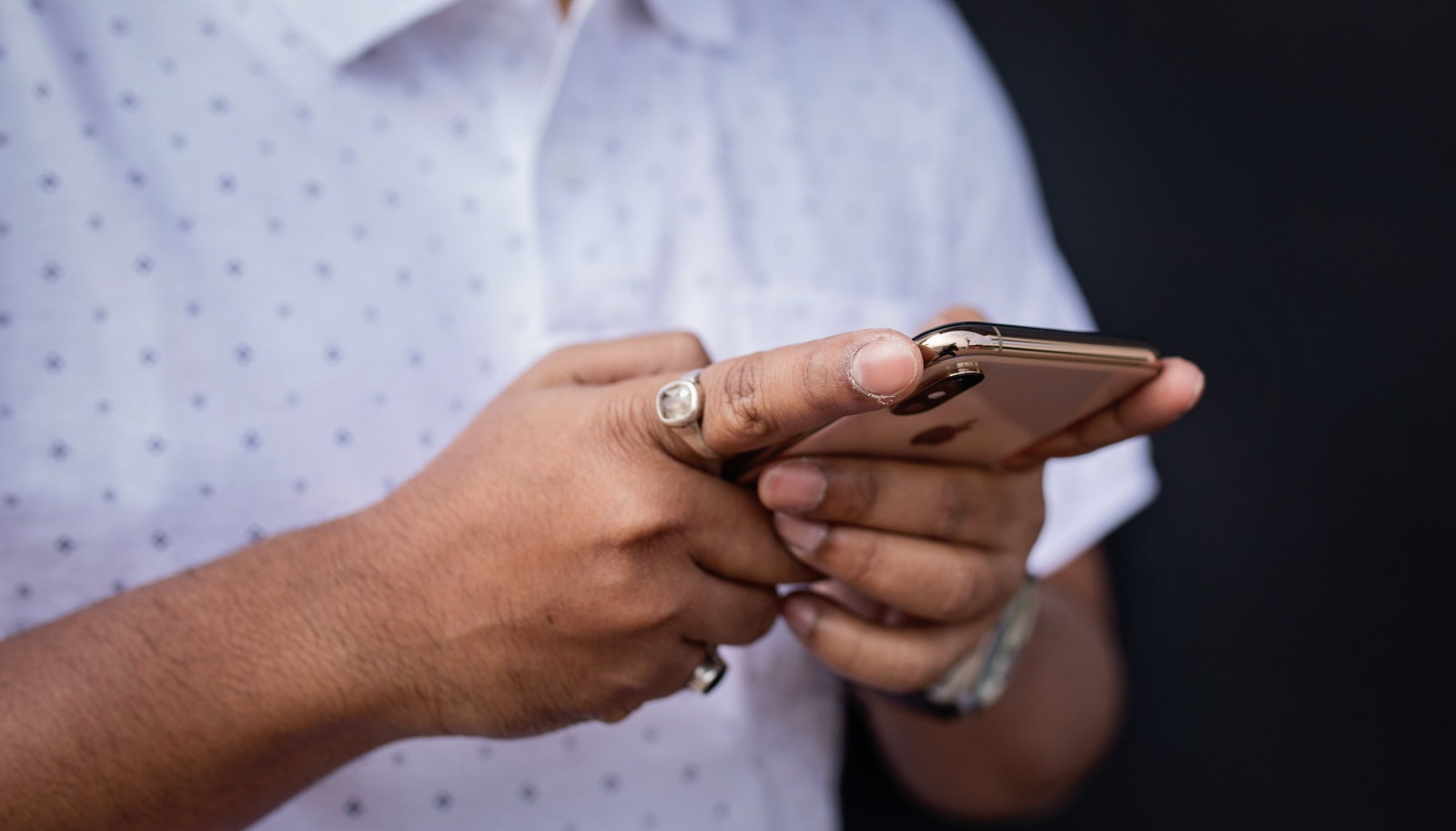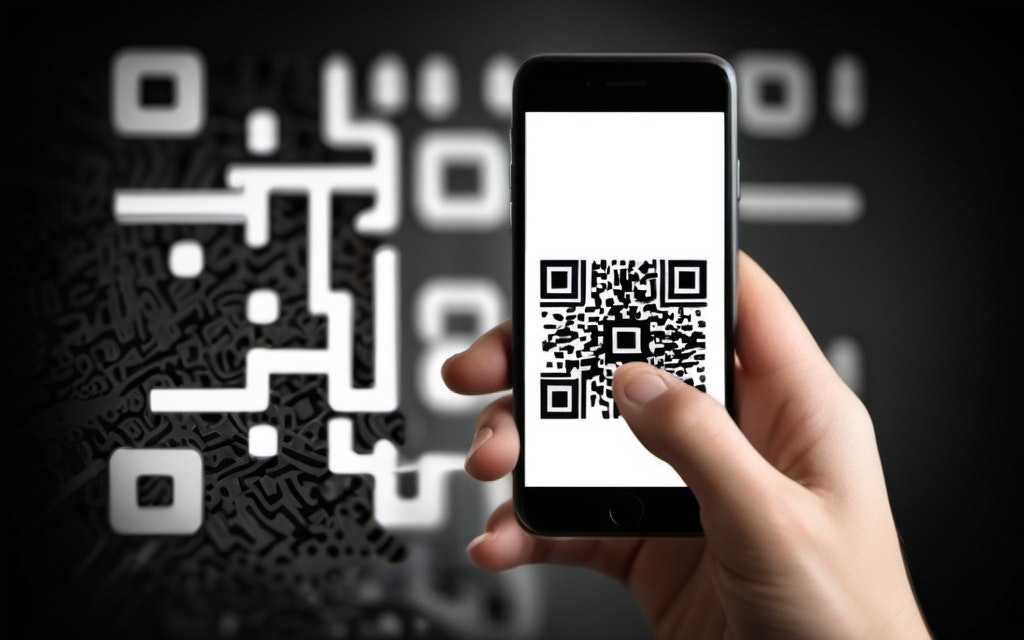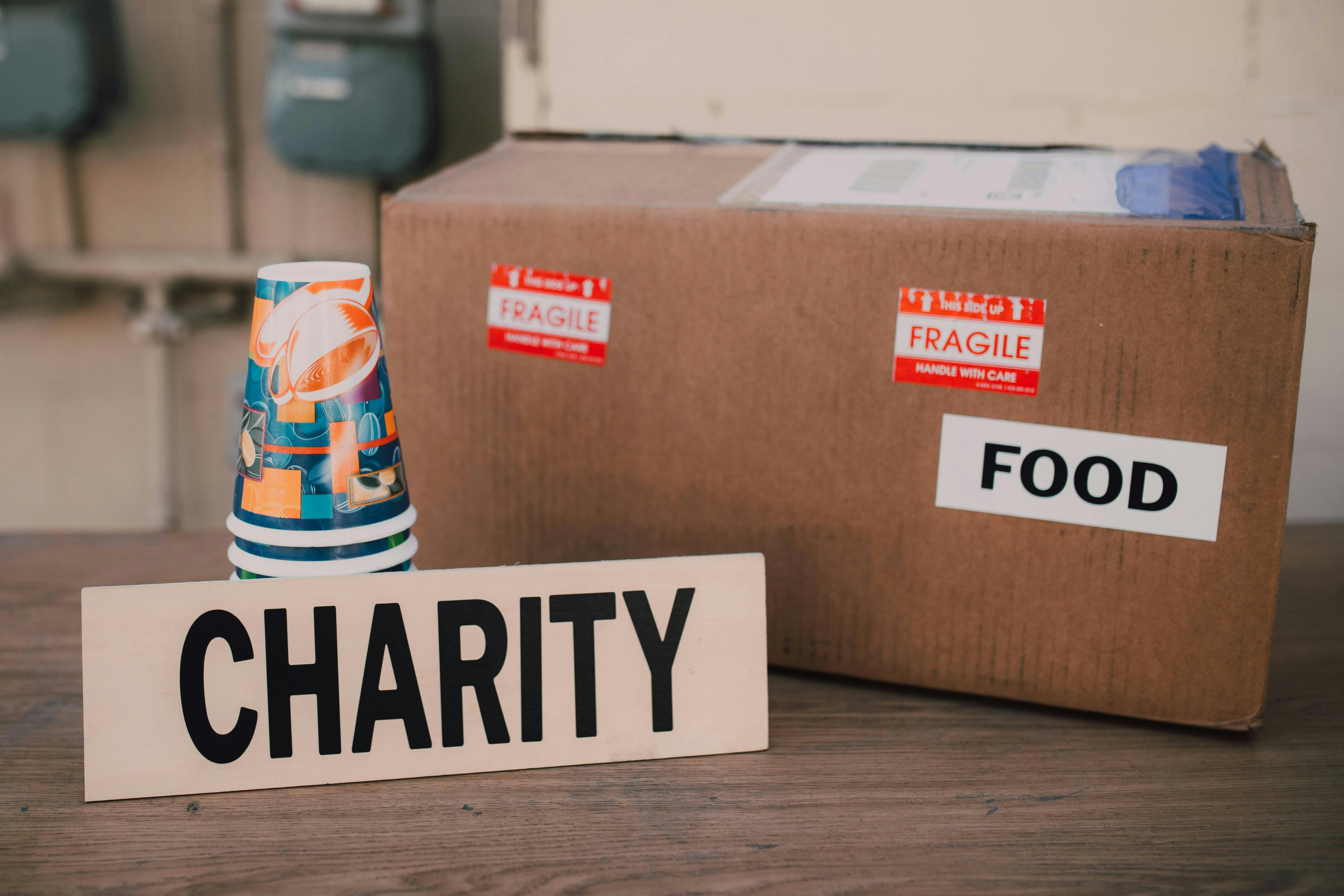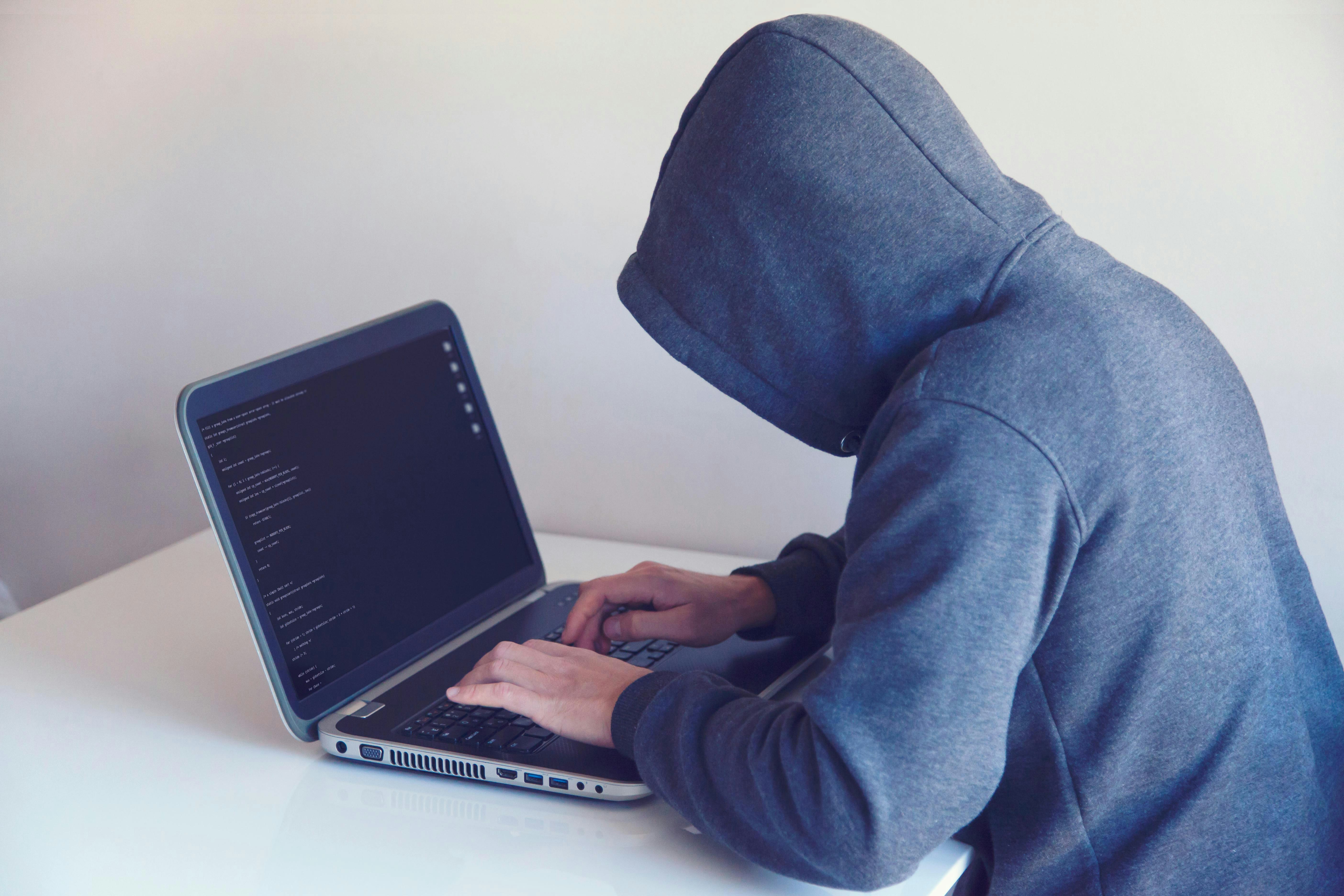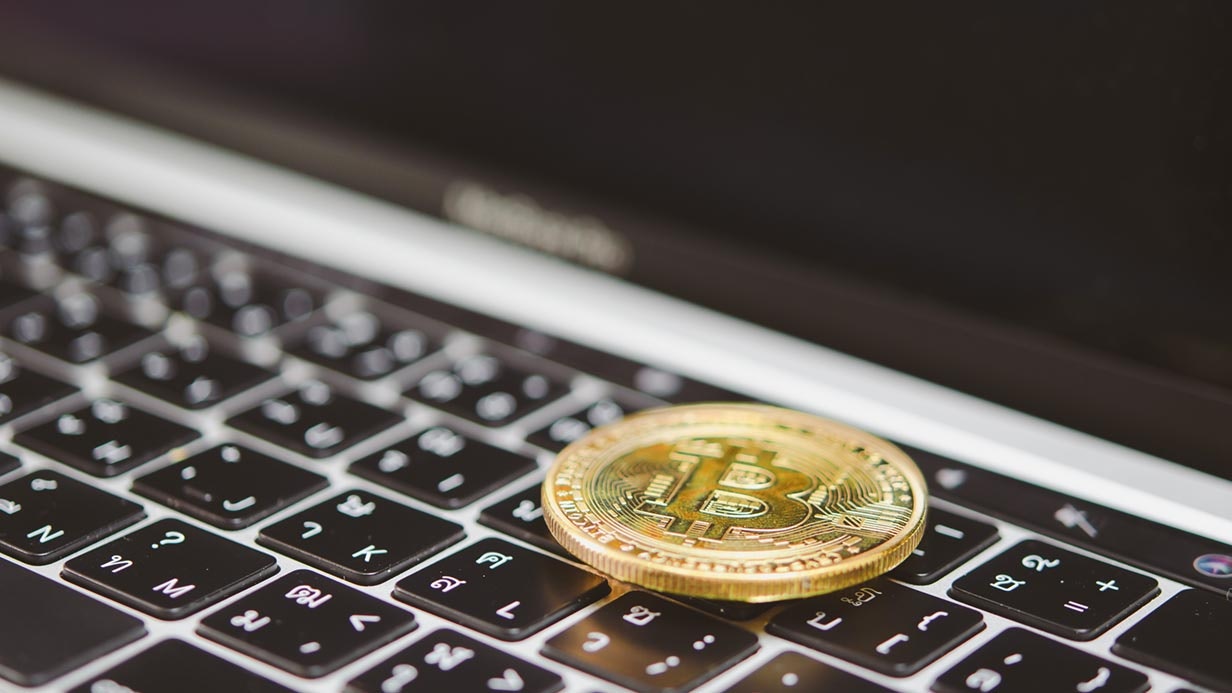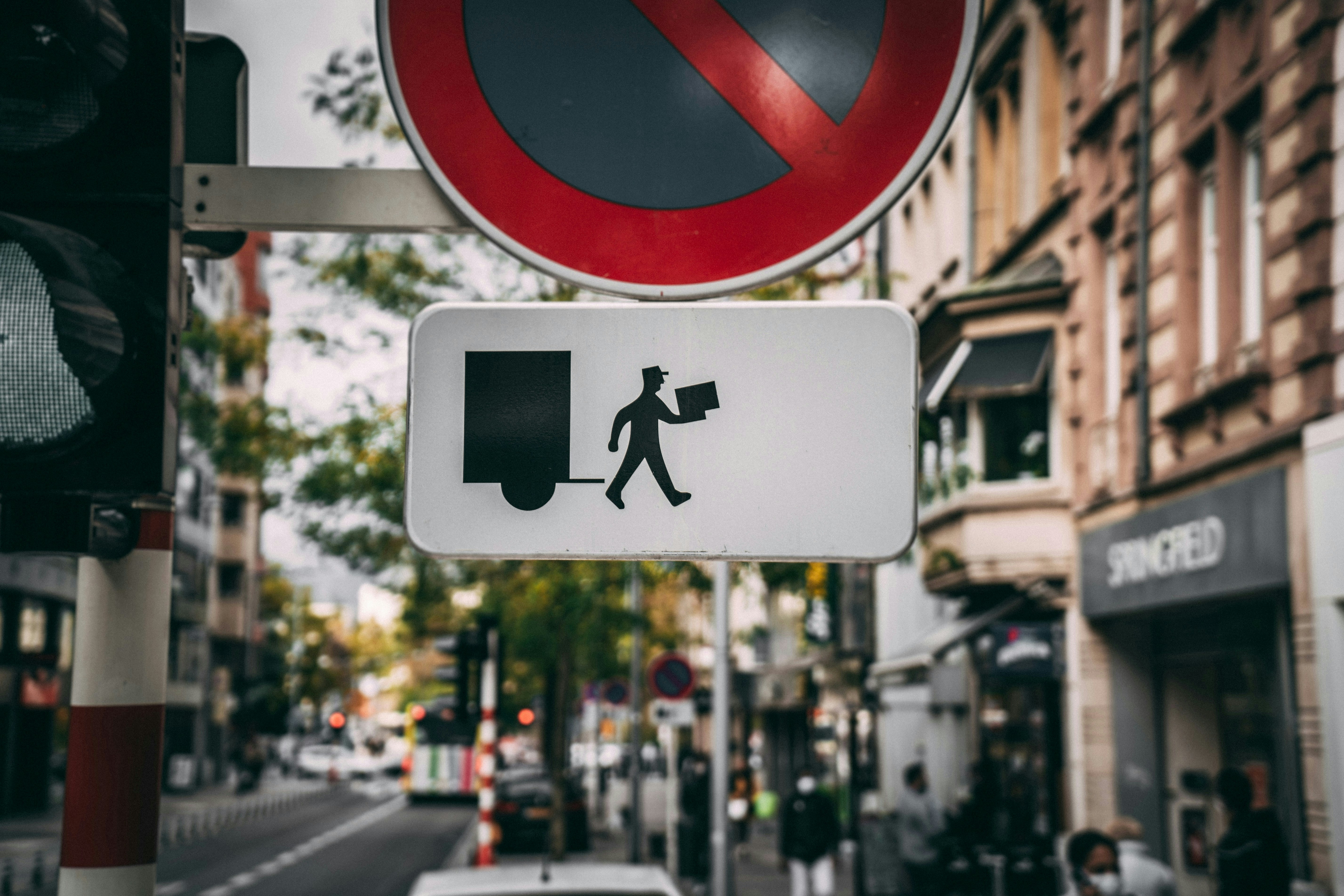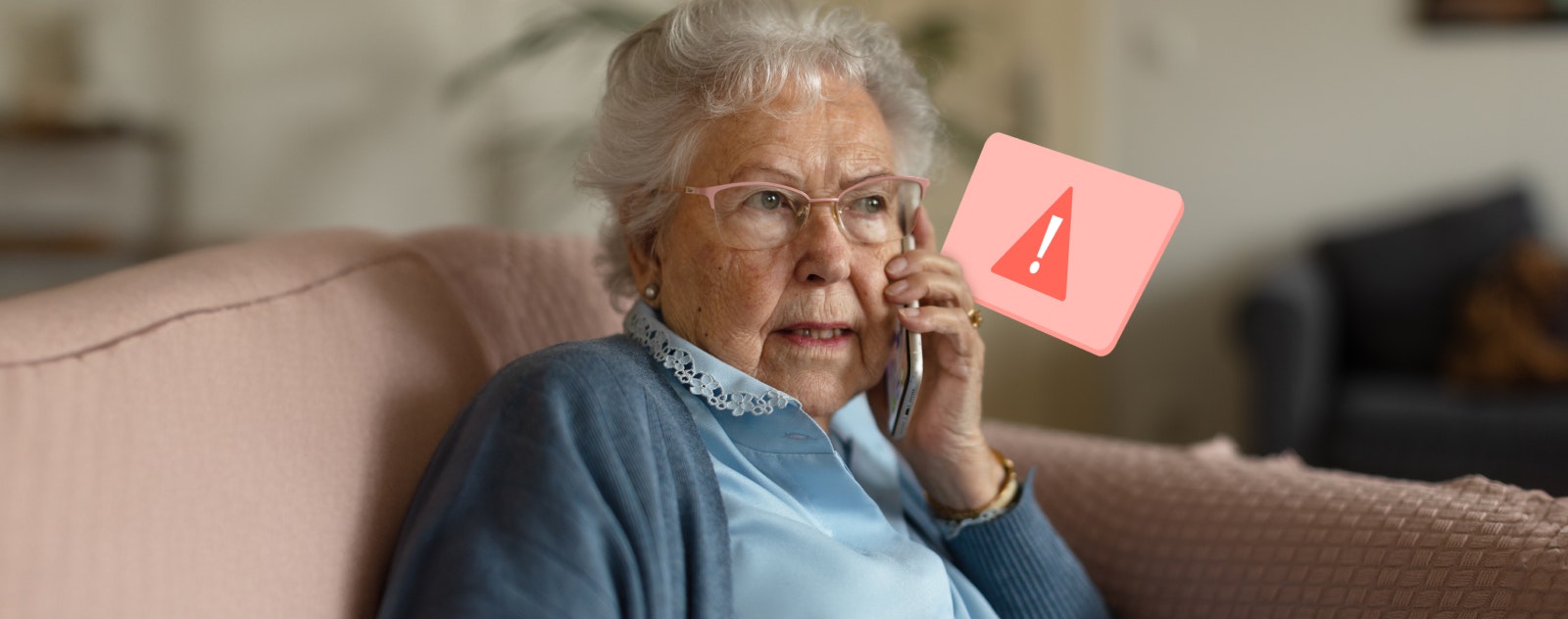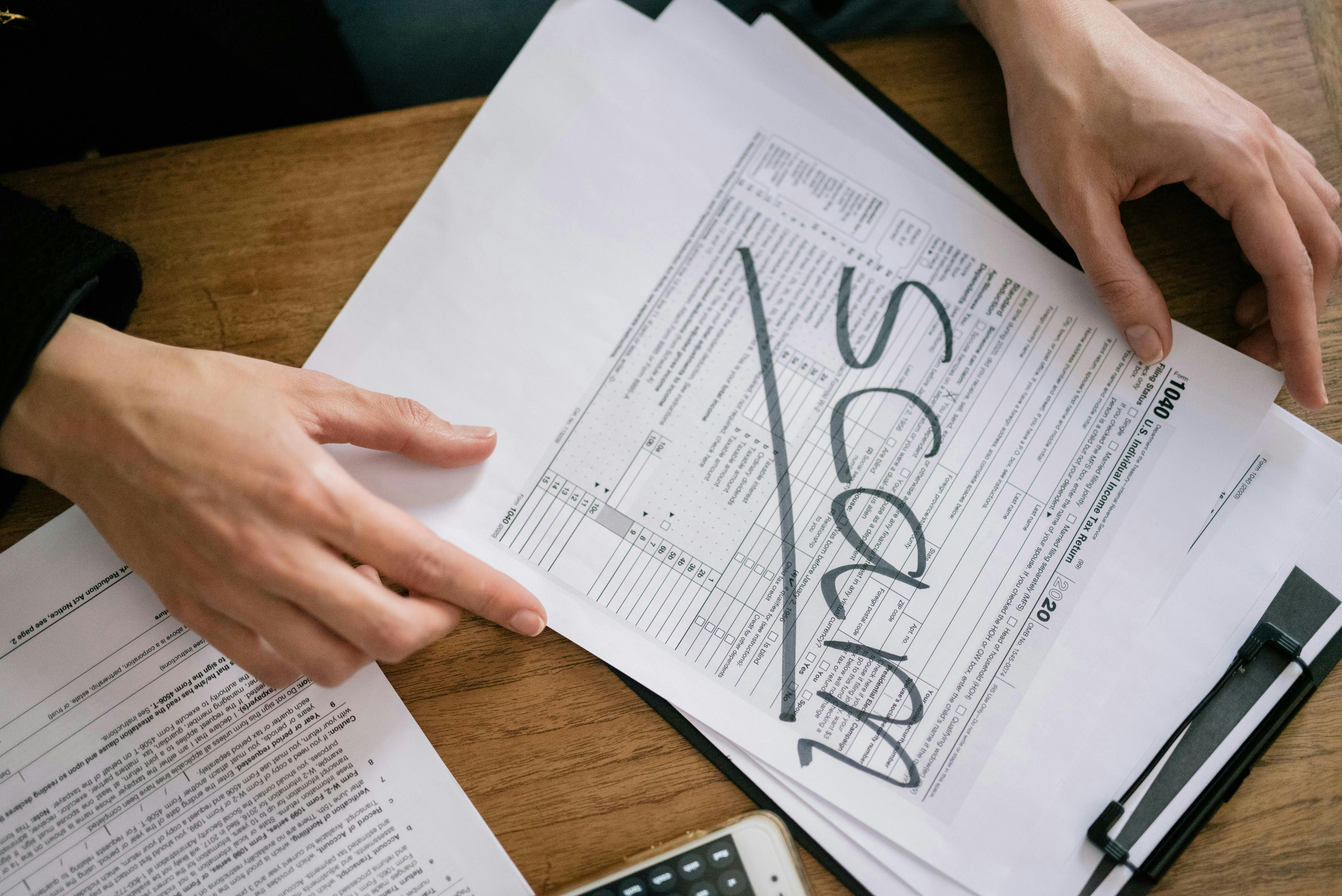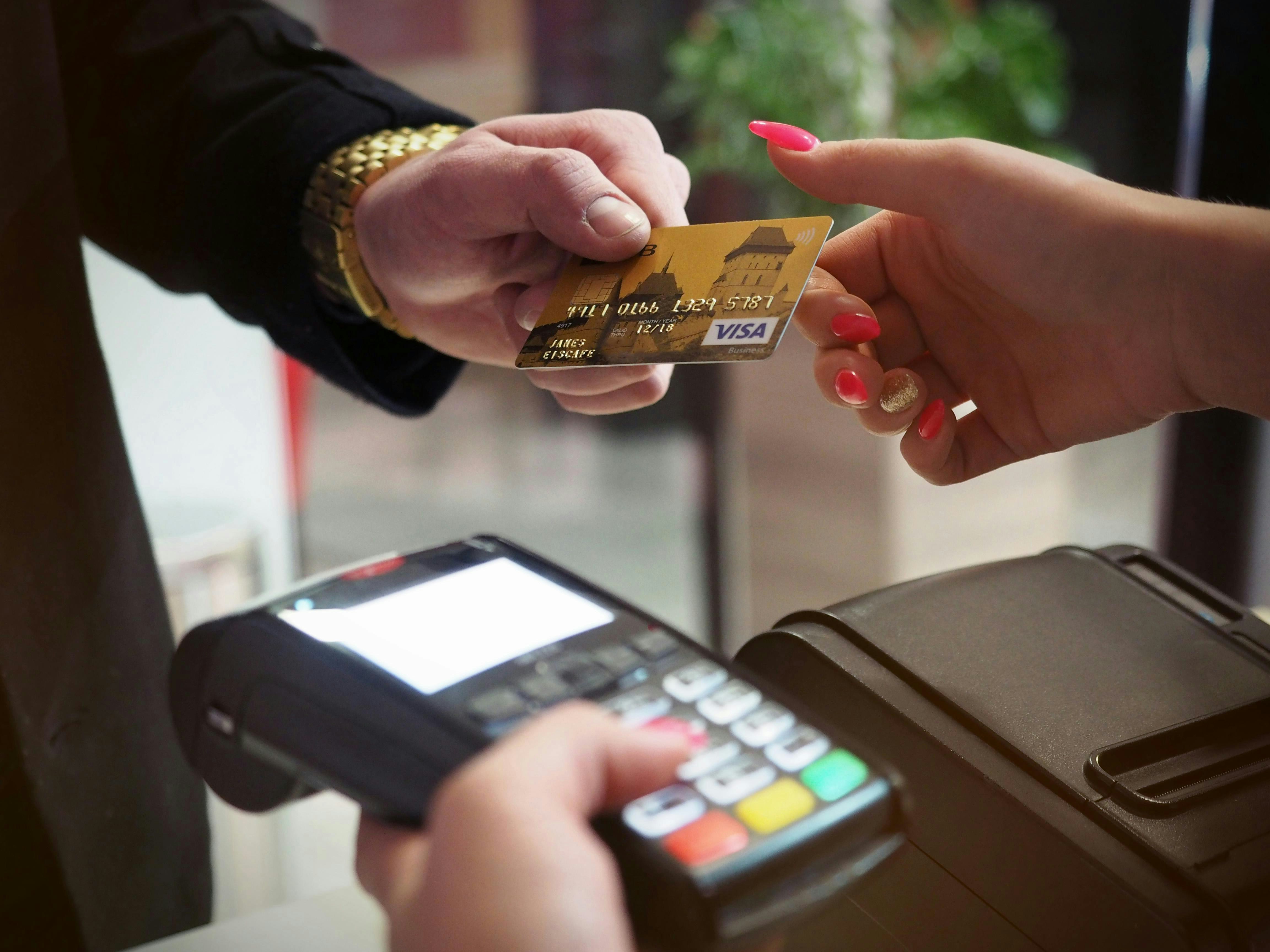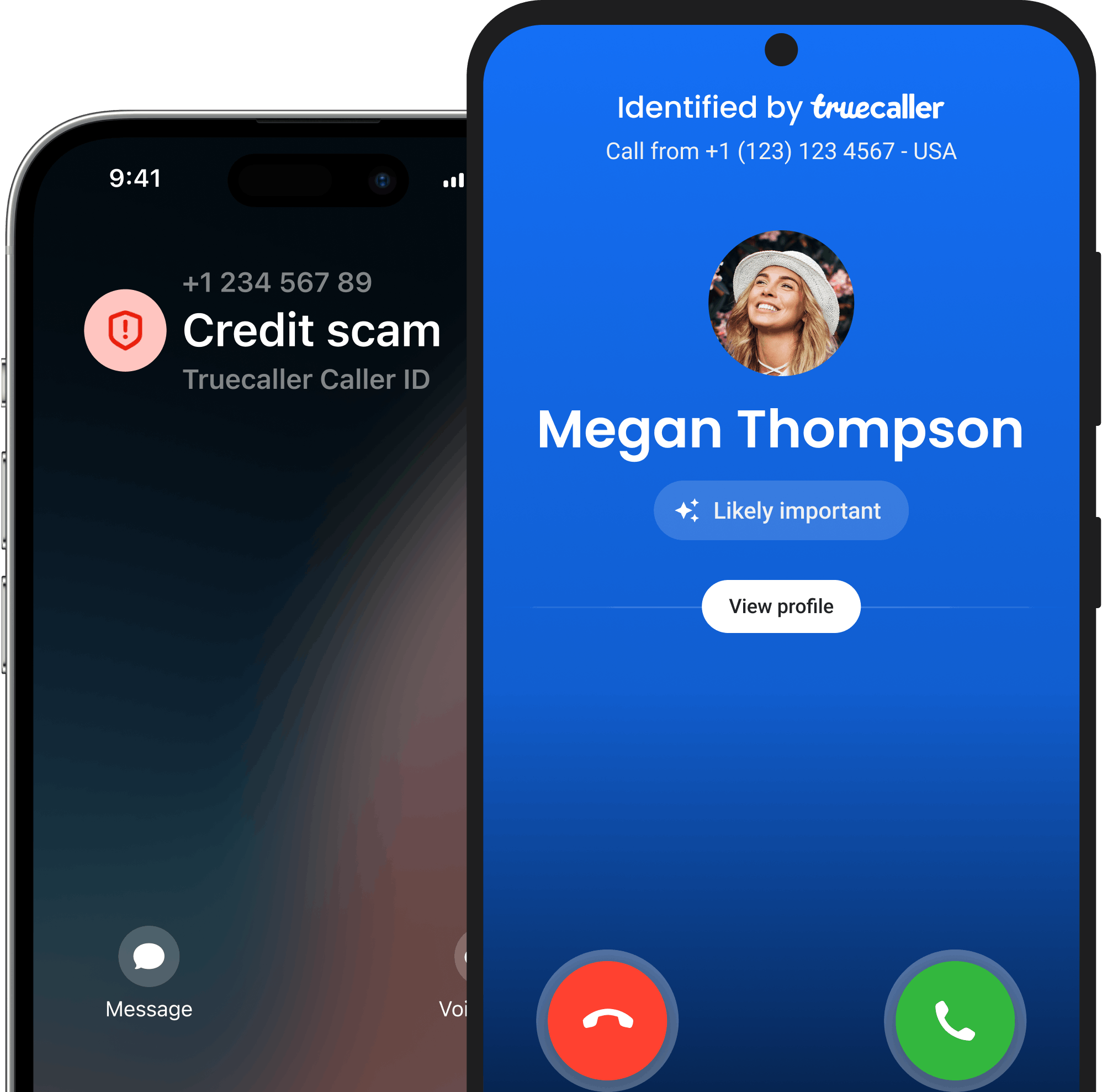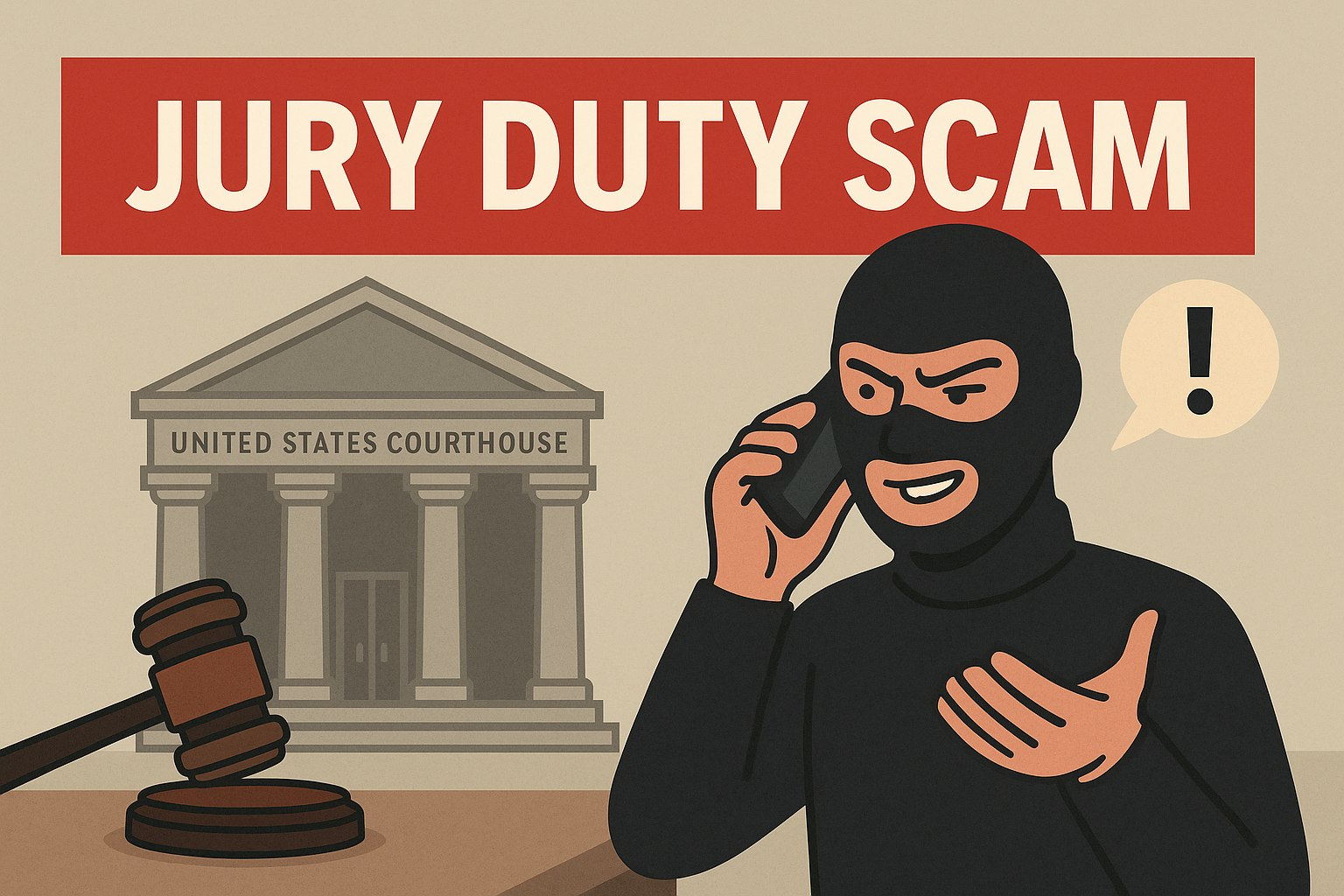
Jury Duty Scams
What are jury duty scams?
In a jury duty scam, fraudsters impersonate government, court, or law enforcement officials and, through trickery, persuade their targets to give up their money or personal information. They also threaten legal consequences to unsuspecting, law-abiding citizens who place their trust in the legal system. Jury duty scams have been reported in countries like the USA, Ireland, Australia and Canada.
In North Texas, scammers called an individual claiming to be from the Dallas County Sheriff's Office, stating that the person had to pay a fine for missing jury duty. The voice message said, "We have received proper documentation stating that you have missed a civil duty court mate, better known as jury duty, and you will need to come out here to the sheriff's office as soon as possible,” and included a phone number to call back. When the individual returned the call, the scammer asked them to either meet in person to pay the fine or go to a local store like Walmart to buy a cash card and use it to pay. A local judge has since warned citizens about the jury duty scam, emphasizing that the sheriff's department will never call and ask for money.
Common tactics used in jury duty scams
A jury duty phone scam involves scammers calling citizens and trying to intimidate them by saying they’ve missed jury duty and threaten them of immediate arrest or fines.
Beware of emails or messages about jury duty service, especially if they contain a link. These are malicious and should not be clicked. If you have been selected for a jury service, you will be informed through official channels of your country.
To enhance their credibility, scammers often use actual names of authorities pretending to call from law enforcement agencies or court. Sometimes they spoof phone numbers, making it seem like the call is coming from a government or law enforcement office. They may also present fake court orders making their target even more scared.
One of the clever ways scammers extract personal information is by saying, “This is for identity verification.” Believing the call is from an actual law enforcement office or government authority, individuals often give up sensitive information, bank details, and identity proofs which are later used for identity theft and stealing funds.
Scammers usually ask for immediate payment and that too using untraceable sources like wire transfers, gift cards, or prepaid debit cards.
Things you should know about jury duty
- Jury duty summons are sent by mail or official channels, not through phone calls.
- Law enforcement authorities never ask for payments related to jury duty nor do they contact you about an arrest for missing jury duty.
- If anyone asks for payment through gift cards, wire transfers or any other untraceable method, consider it a red flag.
No government authority will ask you to disclose your personal information over a phone call.
What to do if you are a victim of a jury duty scam?
To avoid further damage, it is important that you contact your bank immediately. They will help you out with the next steps and assist in freezing your account.
Collect all evidence, including phone records, any messages exchanged, and proof of payment if applicable, and report the incident to your local police. Any form of documentation will assist them in investigating the matter more effectively.
Keep monitoring your accounts so that you can quickly dispute any unwarranted charges.
Do not communicate with the scammer to try to get your money back. That never works, and in some cases, they’ve even convinced victims to pay more in hopes of recovering their lost money.
Reporting the scammer's phone number on Truecaller is important, as it helps warn others and prevent them from falling victim to the same fraud.
Where to report a jury duty scam?
If you are in the United States, these could be some agencies you could reach out to:
- Federal trade commission: https://consumer.ftc.gov/features/pass-it-on/charity-fraud
- Internet crime complaint centre: https://www.ic3.gov/
Reporting the scam on Truecaller will help prevent others from becoming victims.
- Action fraud: https://www.actionfraud.police.uk/charities
- Fundraising regulator: https://www.fundraisingregulator.org.uk/complaints
- GOV.UK: https://www.gov.uk/report-suspicious-emails-websites-phishing
- National cyber security centre: https://www.ncsc.gov.uk/
Reporting the scam on Truecaller will help prevent others from becoming victims.
- Scamwatch: https://www.scamwatch.gov.au/
- Email: ReportScams@ato.gov.au
- Scam helpdesk: https://www.servicesaustralia.gov.au/phone-us?context=64107#scams
Reporting the scam on Truecaller will help prevent others from becoming victims.
- Canadian Anti-Fraud Centre (CAFC): https://antifraudcentre-centreantifraude.ca/report-signalez-eng.htm
- Local police (non emergency line)
Reporting the scam on Truecaller will help prevent others from becoming victims.
- Internet safety concern: https://report.netsafe.org.nz/hc/en-au/requests/new
- Cyber security issues: https://www.cert.govt.nz/report/
- Phone: 0800 CERT NZ (0800 2378 69)
- Phone: 111 Immediate threat (emergency no)
- Phone: 105 (non emergency)
Reporting the scam on Truecaller will help prevent others from becoming victims.
- Criminal Intelligence Service Austria: https://www.bundeskriminalamt.at/en/602/start.aspx
- European Anti-Fraud Office: https://anti-fraud.ec.europa.eu/olaf-and-you/report-fraud_en
- Fraud Prevention Office: https://www.bmf.gv.at/services/aemter-behoerden/abb.html
Reporting the scam on Truecaller will help prevent others from becoming victims.
- Dublin Jury Office: +353 1 798 8008
- Email: dublinjuryoffice@courts.ie
- Local police
Reporting the scam on Truecaller will help prevent others from becoming victims.
Conclusion
Jury duty scams are common, and con artists are constantly changing their strategies and scripts to defraud innocent people. Unexpected calls, emails, threats of arrest, or demands for payment related to missed jury duty are very likely scams. If you want to inquire about such messages, reach out to the concerned authorities through official channels but under no circumstances should you make immediate payments. An important added layer of security is using the Truecaller app, which flags scam numbers and filters suspicious messages, saving you a lot of headache and drama.
